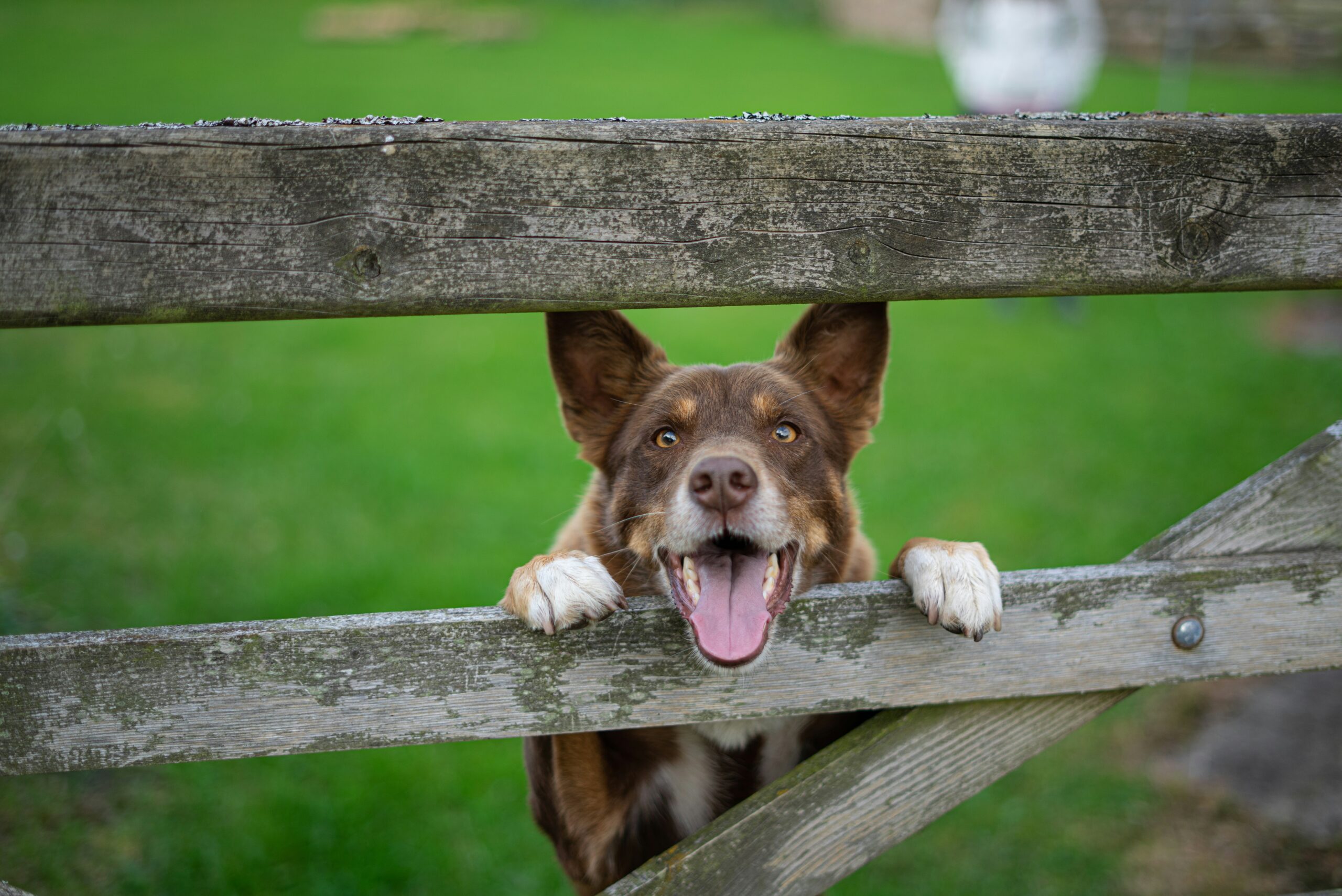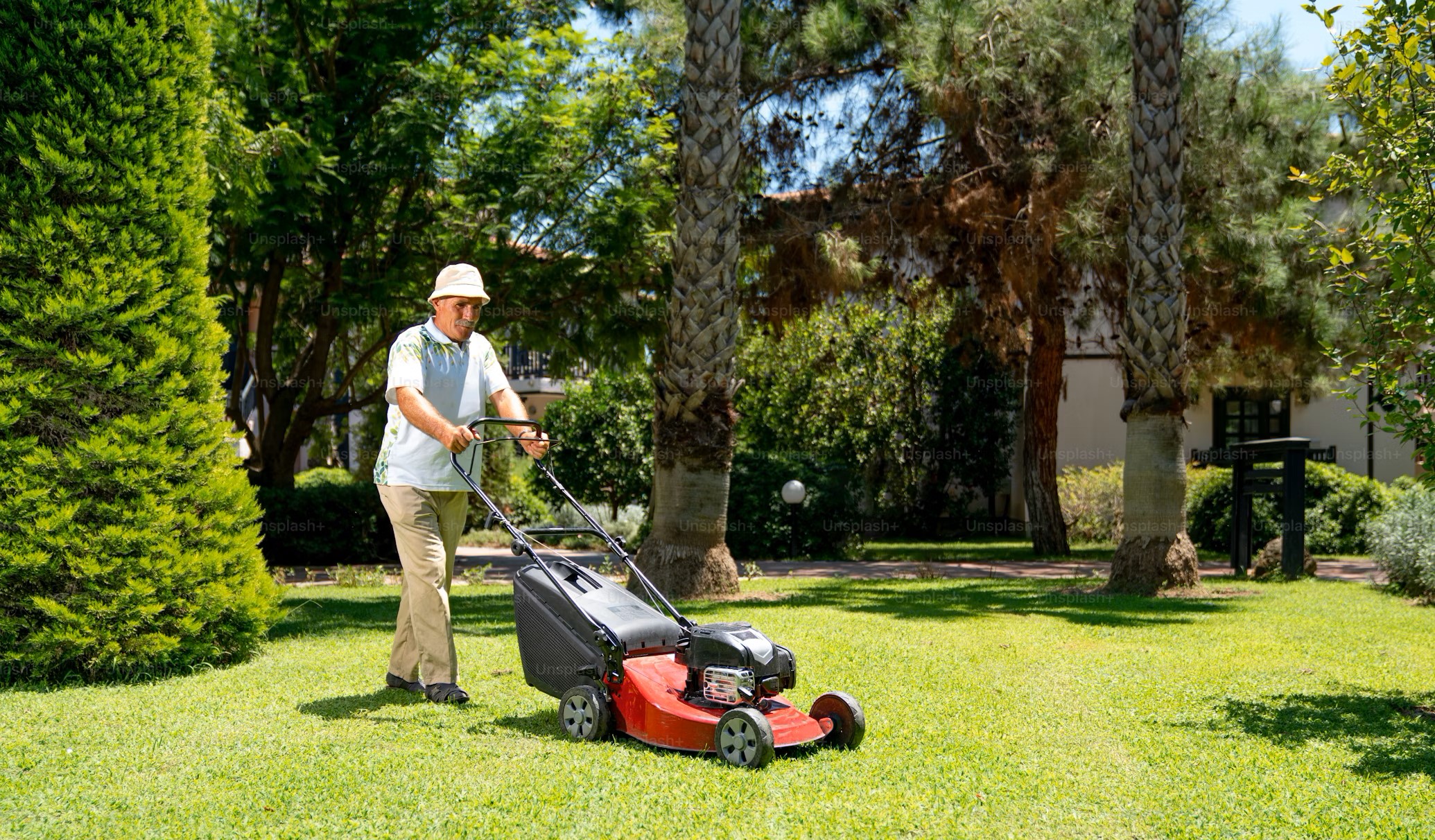I was requested to write an article about garden etiquette and publish it as soon as possible. At first, I found it odd to release such an article nearly at the end of the year. However, after some reflection, I realized that gardening etiquette is not limited to just the spring and summer months; it is practiced year-round.
As many of you know, my beloved husband, Ron Hildebrand, wrote and illustrated many how-to-do-it books on gardening and other home projects. I was also a realtor for many years, specializing in assisting first-time home buyers. Realtors are sometimes challenged with selling a home when the condition of the exterior grounds and the neighbor’s property shows poorly.
Adhering to simple courtesies of regularly maintaining your property, such as mowing the lawn, raking leaves, and avoiding clutter from toys or tools, are essential foundations of neighborly garden etiquette.
Ask yourself: How would you like your neighbor’s yard to appear at all times? Then, set the same standards for your own property. When all neighbors adhere to a few simple courtesies, it will help every community member maintain peace and harmony by taking care of their front and rear gardens, also known as front or back yards in the U.S.
1. Create A Presentable Space Year-Round
A clean and tidy garden isn’t just for open houses and parties. It enhances property value by reflecting the lifestyle potential buyers seek, and guests experience whenever visiting your home and the neighborhood. Be kind! When a neighbor's house is on the market, it’s especially vital to maintain your outdoor areas to enhance the neighborhood's overall appeal.
2. Respect Property Lines and Fences
Properly maintain your garden by pruning trees and shrubs to prevent encroachment on your neighbor's space. Remove any damaged branches for safety, and avoid leaves falling into their yard. When painting or staining a fence, always ensure you own it first*; if not, seek your neighbor's permission. This simple step can prevent misunderstandings and potential conflict down the line. Generally, every homeowner should have a copy of their registered property plans, provided at settlement.
3. Don’t Let Your Pets Lose Outdoors
To prevent pets from entering your neighbor's yards, always keep an eye on them when you’re outside to have in place methods to ensure they do not run off when there are no fences. One of the main reasons to practice dog etiquette is because unattended canines usually bark a lot, causing issues with your neighbors that could lead to official complaints. Even if your pets are used to the outdoors, secure your fence and area to prevent them from entering other properties and causing disturbances or damage.
4. Watch Where You Place the Trampoline
Installing a trampoline in your garden can be enjoyable for children. Our granddaughter had one in her back garden, where careful planning on its placement was necessary to respect a neighbor's privacy.
Position the trampoline away from boundaries to prevent potential legal issues and avoid frustrating neighbors. Consider how it may impact their well-being; one neighbor reported that a poorly placed trampoline made her life miserable. Being mindful and courteous can help maintain good relationships with those around you.
5. Keep Mowing For Specific Times
Mowing lawns can be noisy and smelly; so it's important to be considerate of your neighbors when choosing a time to mow. Ideally, aim to mow during the midday hours on weekdays and after 9 AM on weekends. Be sure to adhere to any local ordinances regarding the use of noisy equipment.
I once lived in a neighborhood where there were ordinances against using certain machinery on Sundays so that everyone could enjoy a day of rest. Additionally, it's thoughtful to schedule mowing for times that won't disturb children's naps or early bedtimes and dinner time after 7 p.m.
During the summer, longer daylight hours can provide more opportunities for gardening tasks, yet keep in mind that loud noises can disturb your neighbors' relaxation. Pay attention of neighbor's schedules, particularly those who work from home, and avoid mowing early on weekend mornings.
6. Be Mindful When Jet-washing
Jet washing is terrific for brightening up the pathways and driveways in a garden, yet it requires caution. Aside from being mindful of the noise, the high pressure can cause dirt and stones to fly into neighboring yards, potentially damaging surfaces and windows and affecting neighboring properties. To avoid these risks, be watchful of the pressure you use and maintain a safe distance while cleaning. A careful approach ensures a beautiful garden without unintended consequences for those nearby.
7. Don’t Be Noisy
It cannot be over-emphasized; the biggest complaint among neighbors is always about noise levels, especially drilling sounds, leaf blowers, and blaring power tools, which can get annoying— so save the noisy jobs to primarily weekdays and between 9 and Noon on weekends; so everyone can be respectful and enjoy quiet and peaceful weekends.
Try using manual gardening tools like rakes and push mowers to reduce noise. Ron preferred using old-fashioned tools because he thought this gave him good exercise and contributed to eco-friendly gardening.
Most of all, do not host loud parties outdoors that extend into the late hours, past 9 p.m. If approached about the noise, offer a prompt apology and adjust accordingly for harmonious living in your community, which means moving the party indoors. As a great rule to follow, always move parties indoors by 9 p.m. to continue the festivities as long as you want, making sure all doors and windows are closed to keep noise levels contained within the house only.
8. Fall and winter gardening reminders
•Start Practicing Garden Etiquette Now:
While spring and summer gardening is all about planting your veggies and flowers, spring cleaning the space, and weekly mowing, fall and winter have their gardening jobs, too.
Since we’re reaching the peak of the cold, dry, and possibly snowy season, here’s how to keep your garden in good shape and be a good homeowner even when the leaves turn brown.
•Year-End Clean Up
As autumn arrives, prepare your garden for winter by pruning plants to channel energy into their roots. Tidy up borders by removing annuals and pruning roses. Protect your pond by netting it against leaves. Rake fallen leaves for composting, move deciduous trees, and plant evergreens and spring bulbs. Finally, cover bare soil with mulch and/or install landscape geotextiles, such as by Pro Fabric Supply (also at https://www.profabricsupply.com/), to curb stubborn winter weeds and ease up on maintenance.
•Fall Lawn Care
As summer ends, it's essential to prepare your lawn for winter. Start by raking to eliminate thatch, aerating with a fork to ease compaction, brushing away worm casts, and providing a nutrient-rich feed. This autumn maintenance ensures your grass is well-equipped for hibernation, helping it thrive come spring. Ensuring you’re on top of your fall lawn care tasks can significantly affect the lawn’s health throughout the colder months.
•Protection For The Winter
As winter approaches, safeguarding your plants and garden is essential. Protect tender plants by wrapping them in horticultural fleece (frost cloth) or relocating them to a greenhouse before frost hits. Clean and bubble wrap the greenhouse to retain heat and ensure all windows and water collection systems are in good condition. Lastly, maintain your tools by sharpening them and servicing the lawnmower, ensuring everything is ready for spring’s arrival.
Conclusion:
Garden etiquette goes beyond keeping a beautiful garden that blooms all year round. It’s about using your space mindfully and privately without causing hindrances for others. Similarly, keeping your yard clean also shows that you respect not only your personal space but also the overall look of your neighborhood!
Happy Practicing!





Lovely article Syndi!
Thank you for the tools & knowledge.